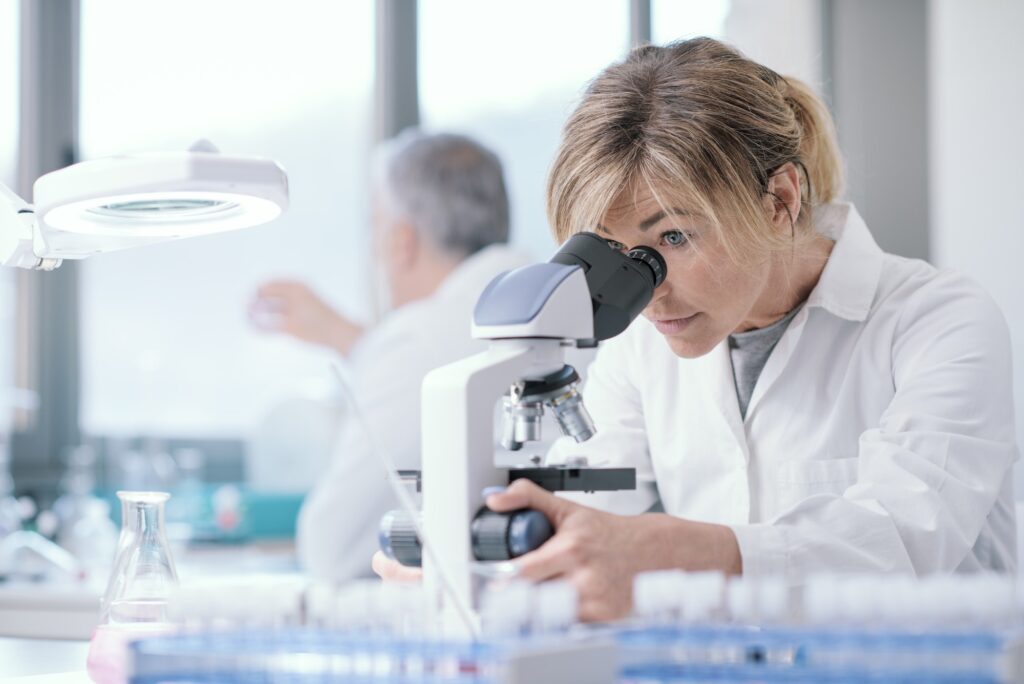Hormones: Basics

Hormones: Basics My friend said he is getting hormone shots. Do I need them? That is a loaded question because there isn’t just one hormone; your body makes tons of different kinds of hormones! A hormone is any protein made in one place in your body, called a gland, that only works somewhere else in […]
The Truth about Antibiotics

The Truth about Antibiotics My baby is snotty and coughing and just miserable, but that stupid doctor won’t give her antibiotics! Did I pick a bad doctor? Well, I mean, maybe. But not because of this. Just because your little one seems really sick doesn’t mean an antibiotic will help. In fact, it’s more likely […]
Concussions

Concussions That coach has something against my kid. So he’s a little dazed after that last hit. So? He can walk it off. Let him back in, coach! Ummmm…no. Just, no. He may miss some of the game, but he’s really going to miss his brain later. I’m blowing this all out of proportion, right? […]
Medicaid Expansion

Oklahoma Medicaid Expansion Medicaid Expansion What is Medicaid Expansion? In June 2020, Oklahoma voted to expand Medicaid (SoonerCare) to eligible adults age 19-64. Previously, SoonerCare was only available to specific populations, but with Medicaid Expansion, the Oklahoma Health Care Authority estimates that there are now more than 200,000 newly eligible residents of Oklahoma. If you […]
Yearly Check Up

Yearly Check Up I’m perfectly healthy. I never go to the doctor. Ummmm. No. It doesn’t work that way. The doctor tells you if you’re healthy. If you don’t go get a check up, not just go when you’re sick, you’ll never know if you’re actually healthy. Feeling fine and being fine are very different […]
Psych Meds – I’m not CRAZY!

Psych Meds – I’m not CRAZY! My doctor told me I need some kind of psych med. NO WAY! I’m not crazy!! Stop right there. This needs to end right here, right now. I’m SO sick and tired of people thinking only “crazy” people need psychiatric medications. There are a ton of different medications for […]
